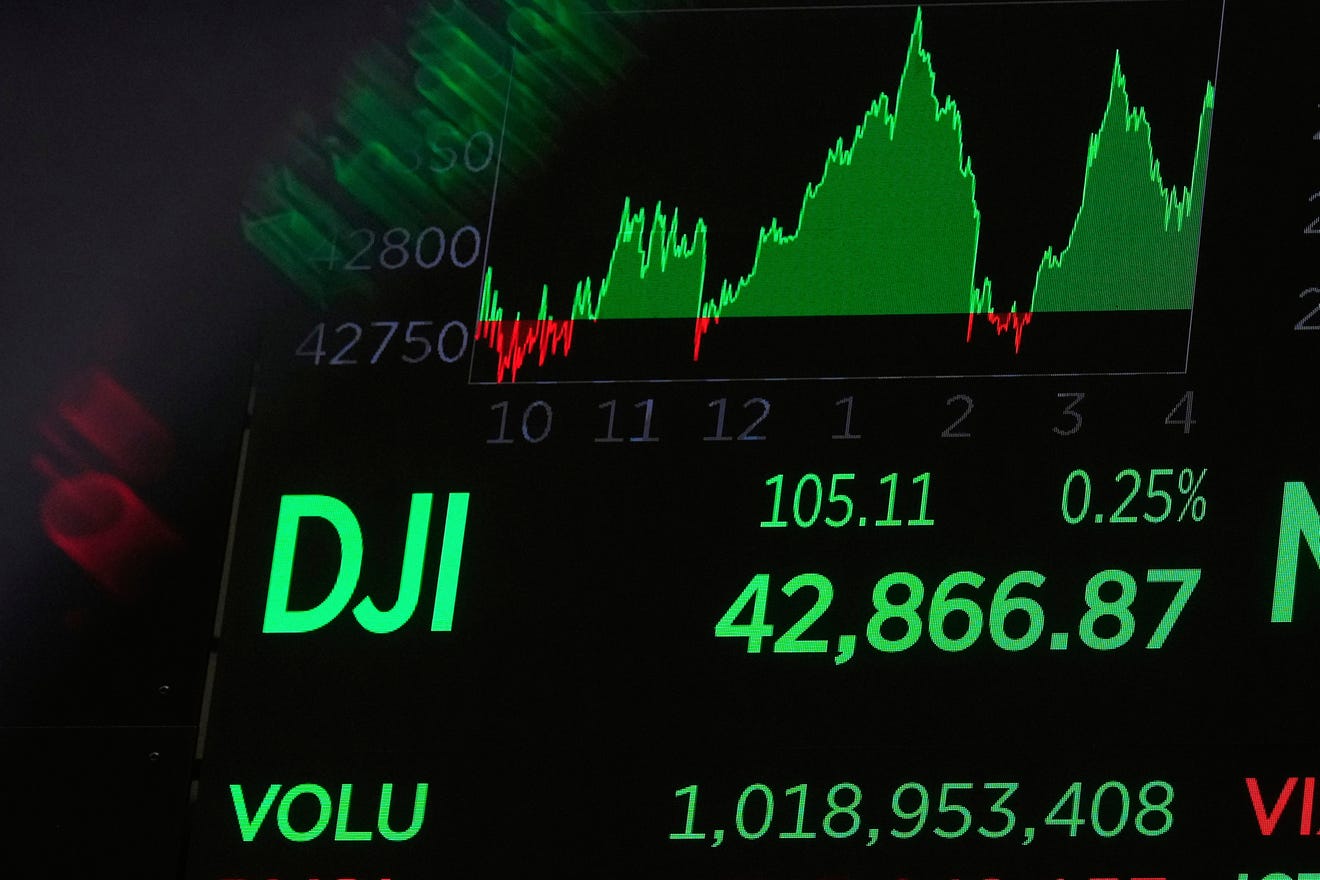With market volatility reaching new heights, many investors are on edge about where to securely park their cash. Recent data from the Conference Board’s May Consumer Confidence report shows that 44% of Americans in households earning $125,000 or more are setting aside more cash for future expenses. Yet, the question remains: Are they investing it wisely? Financial experts advise against keeping money in cash indefinitely, as it is merely postponing a plan rather than creating one. The market volatility that has characterized recent months has left over a third of consumers expecting a decline in stock prices over the next year. Although this is an improvement from April’s 47.2%, it still reflects a significant level of concern. Fear in the markets is palpable, but experts like Rebecca Palmer, a certified financial planner, believe that fear should not dictate financial strategy. The current landscape is fraught with turbulence, exacerbated by daunting headlines and social media chatter, which has heightened investor anxiety. Holding cash in traditional accounts offering negligible interest rates can lead to losses due to inflation. Therefore, financial advisors suggest several alternatives for those seeking to earn interest while keeping their money accessible. High-yield savings accounts are a popular option, offering interest rates of 4% or more. These accounts, often provided by online banks, are FDIC-insured and offer a safer, more lucrative alternative to traditional savings accounts. Cindy Sforza, a CFP with Lucidity Wealth Advisors, emphasizes the importance of seeking out these higher rates to maximize returns. Certificates of deposit (CDs) are another option, allowing investors to lock in interest rates for a set term. While they offer rates comparable to high-yield savings accounts, the commitment to leaving funds untouched can be a drawback. Money market accounts provide a middle ground, offering higher interest rates than traditional savings accounts and limited check-writing abilities. Their accessibility makes them attractive despite slightly lower rates than the best high-yield accounts. Treasury bills present another viable option, with potential interest rates of 4% or more. These government-backed investments offer terms from four weeks to one year and are available through banks or directly via TreasuryDirect.gov. Despite website design criticisms, Treasury bills are advantageous due to their low risk and tax-free interest, especially beneficial in high-tax states. Investors can also explore Treasury exchange-traded funds (ETFs) or index funds for a diversified approach. While these methods can earn interest, they may not be ideal for long-term savings, as Cindy Sforza points out. For funds not needed in the immediate future, investing in the market may offer better returns despite its natural fluctuations. Index funds, ETFs, and target-date retirement funds provide a way to ease into investing while allowing portfolios to work independently. Note: This article is inspired by content from https://www.detroitnews.com/story/business/personal-finance/2025/06/22/where-to-park-cash-if-youre-worried-about-the-stock-market/84278245007/. It has been rephrased for originality. Images are credited to the original source.
Navigating Market Fears: Alternative Cash Parking Strategies

